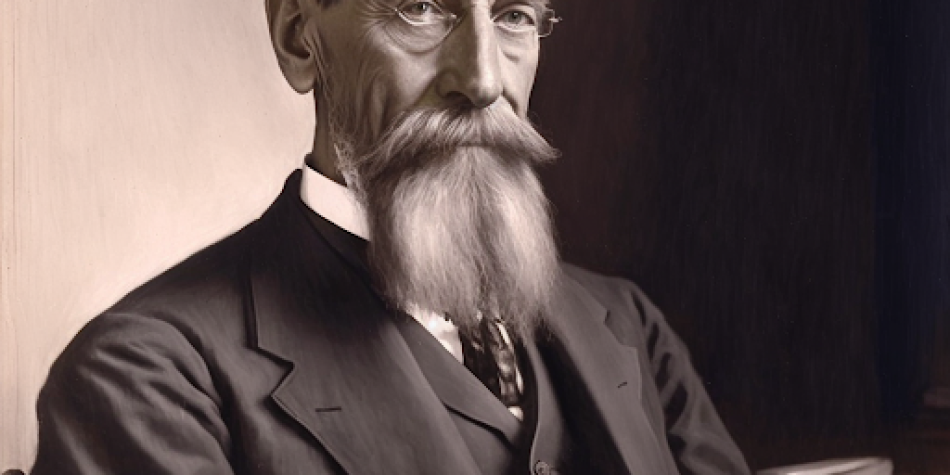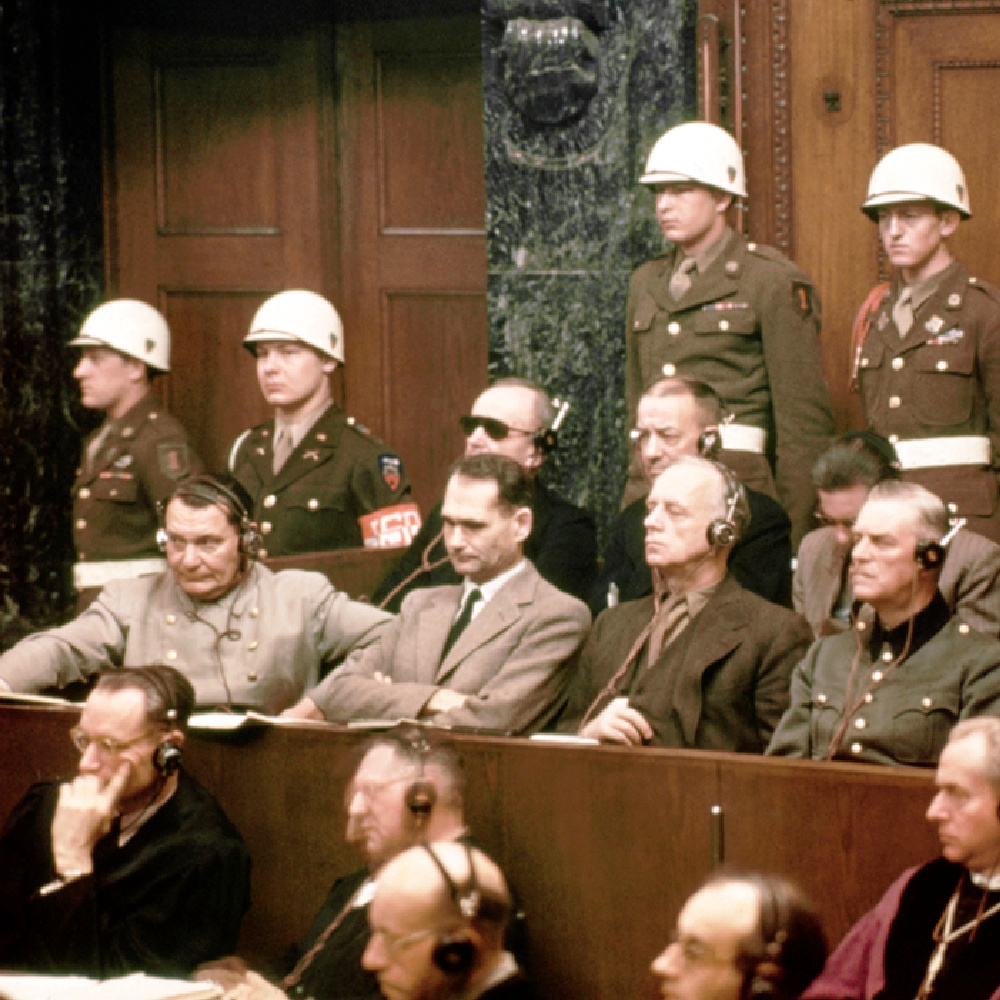In the early 1830s, the fledgling Church of Jesus Christ of Latter-day Saints faced a daunting challenge. Persecuted and forced to flee their homes in New York, they struggled to establish a new community in Kirtland, Ohio. Yet, in the midst of this hardship, a revelation was received that they were to build a temple. However, as one of the saints at the time reported, the membership was so poor, “there was not a scraper and hardly a plow that could be obtained.”
Despite this seemingly insurmountable obstacle, the early saints demonstrated remarkable perseverance and determination. They started digging the temple’s foundation by hand, inspiring the entire community to join in their efforts. On weekends, they would gather stones from the nearby quarry, while during the week, masons would use these stones to build the walls. After a vandalism incident, some even set up security each night to protect the sacred space.
The financial demands placed on members have been significantly reduced.
This all-in effort was rooted in the early saints’ adherence to the law of consecration, which called for members to give all they had to the Church to build up the Kingdom of God. While this approach soon evolved, the all-in ethos never went away. Throughout the 20th century, Latter-day Saints were asked to provide not just tithing and fast offerings but also funds for chapel and temple construction, as well as local congregational and activity budgets. For some, these requests often exceeded the “one-tenth” part indicated in the Old Testament, sometimes to nearly double that.
However, this burden was not to be a permanent feature of Latter-day Saint life. In 1907, then President of the Church Joseph F. Smith prophesied:
“… We expect to see the day when we will not have to ask you for one dollar of donation for any purpose, except that which you volunteer to give of your own accord because we will have tithes sufficient in the storehouse of the Lord to pay everything that is needful for the advancement of the kingdom of God.”
Today, this prophecy has been almost entirely fulfilled. Most recently, the request for funds for temple construction and the Perpetual Education Fund have been stopped. Today, the only funds asked of members of the Church are the tithes for the storehouse, which Smith implies will not go away, and fast offerings. Latter-day Saints living today have been the beneficiaries of many of these changes.
The financial situation of The Church of Jesus Christ of Latter-day Saints has been one long (nearly) straight line from poverty to prosperity. And this prosperity has been substantially passed along to members of the Church, not only through the expansive worldwide religious projects building and maintaining temples, chapels, and congregations but also through its welfare program that is the envy of governments around the world. Additionally, the financial demands placed on members have been significantly reduced.
In significant ways, the Church of Jesus Christ’s approach to financial security is a model that should be emulated by other organizations. The Church understands that significant difficulties lie ahead because of prophecies like this one:
And thus, with the sword and by bloodshed the inhabitants of the earth shall mourn; and with famine, and plague, and earthquake, and the thunder of heaven, and the fierce and vivid lightning also, shall the inhabitants of the earth be made to feel the wrath, and indignation, and chastening hand of an Almighty God, until the consumption decreed hath made a full end of all nations …
But whether you believe the prophecies or the science around climate change, which predict increases in famines, plagues, earthquakes, fires, and hurricanes (or both), there is little question that the future will see disasters on a cataclysmic scale. The Church is well-positioned to help in times of crisis.
The Church of Jesus Christ donated more to humanitarian aid than the United Kingdom.
While many organizations around the country were desperate for government funds to help sustain them during COVID-19, the Church’s universities were able to repeatedly turn down millions of dollars in aid because of the Church’s sound financial position. In fact, during the pandemic’s peak, the Church was able to donate nearly a billion dollars in humanitarian aid, one of the largest humanitarian aid expenditures by an NGO in the world. The Church of Jesus Christ donated more to humanitarian aid than the United Kingdom, a remarkable testament to the Church’s commitment to helping those in need.
Yet, while The Church of Jesus Christ has managed to put itself on a firm financial footing and has started to use that to benefit both the world and its members, there is still much work to be done. The coronavirus pandemic is unlikely to be the last major catastrophe, and when that time comes, The Church of Jesus Christ will need to continue its efforts to achieve true self-sufficiency.
Despite the Church’s significant savings, on a per-person basis, the Church’s savings pale in comparison to those of colleges like Harvard, Yale, and Princeton, which have more than $2,000,000 saved per student. Even the largest estimates of The Church of Jesus Christ’s savings round to 0% of that.
But how does this all translate into the personal life of Latter-day Saints?
I vividly remember a time back in 1980 when my husband and I were struggling to pay the tithes and offerings required by The Church of Jesus Christ of Latter-day Saints, of which we were faithful members. We had three children and one on the way, and our sub-contracting business was not going well. The house we were living in was almost a freebie provided by an understanding general contractor, and it was the only house in a neighborhood of new homes with an unlandscaped front yard. We were under loads of pressure from our neighbors to do something about the dirt piled out there, but we just couldn’t afford to do anything about it. Not only were we not organized enough to pay an honest tithing (10% of our “increase”), but we also couldn’t manage our fast offerings (to help the poor), the temple fund, the building fund, or our “ward budget.” The ward budget amount had been determined for us by leaders of the ward and stake for operating expenses, and if memory serves, it was about $800 for the year.
But then, we had a little windfall, and we rushed to the bishop with our entire ward budget amount in hand. The next day, after my husband went to work, there was a knock at the door. It was a landscaper. His crew had been doing a job a few blocks away, and they had extra sod and trees. Did we want them? I just laughed. The folks across the street had paid thousands of dollars for their beautiful front landscaping, and we were so broke. He said, “$250 should take care of it.” I froze in place.
“We have topsoil out front, but it hasn’t been graded.”
“We’ll bring our equipment over and grade the soil.”
“I have no one to lay the sod.”
“We’ll do it.”
My blood ran cold. My husband and I had promised each other we wouldn’t spend over $200 without consulting each other. I had no way to reach my husband out on the job. But here was this outlandish miracle staring me in the face. I just meekly said yes. The landscaper’s crew showed up right away and went to work. When my husband came home, he drove right past the house because he didn’t recognize it.
This miracle in response to paying for the ward budget clinched our commitment to keeping the law of tithing. Miracles have continued to the point that even if paying tithing becomes optional, we will continue the practice, and so will many others. On full display here is the Church as the ordained structure to connect its members with God. It is He who is rewarding us.
Despite the progress that has been made over years of effort, it is important to remember that the Church’s financial success is not just about the numbers, but about the lives it touches. Lives like mine.
There is still much work to be done, and the Lord is far from done blessing those who keep His commandments.















